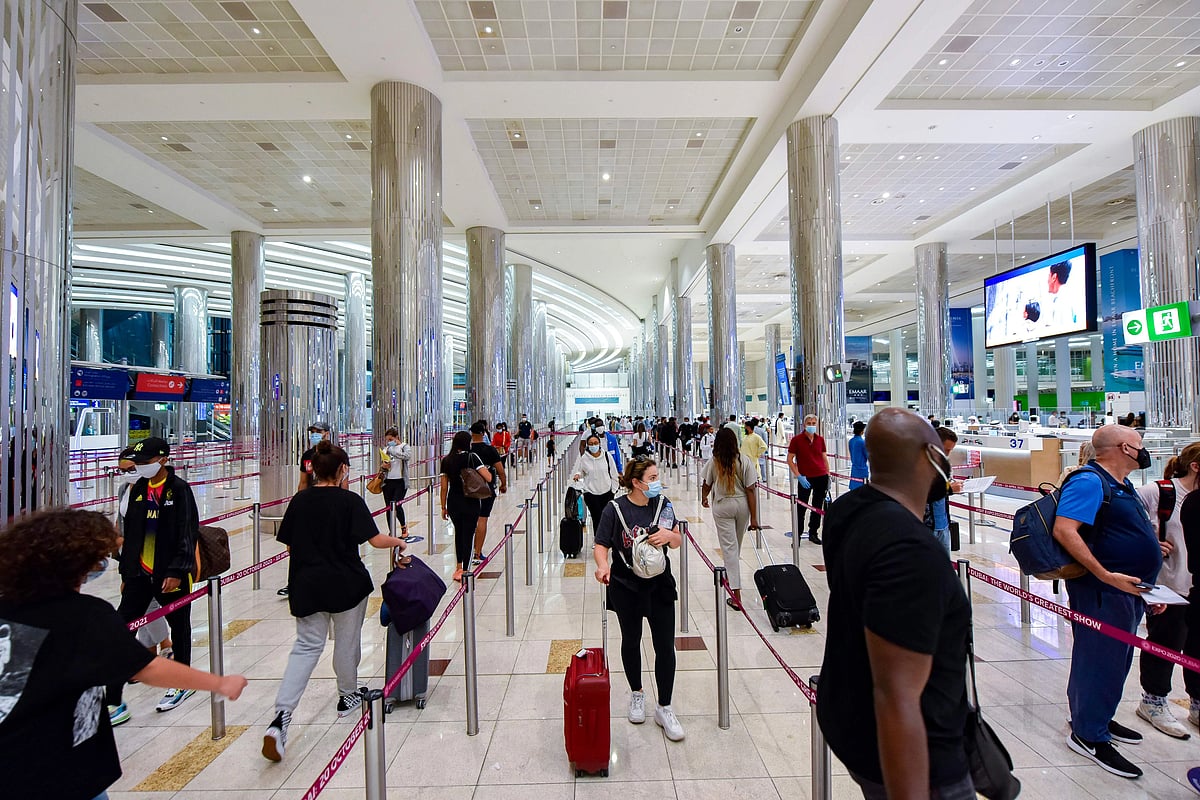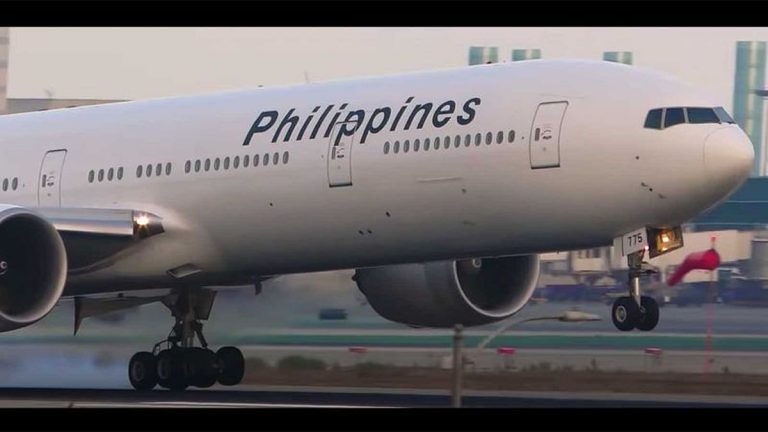New UAE Customs Regulations for Travelers Explained
The UAE has introduced a new set of customs regulations aimed at enhancing security and ensuring compliance for travelers entering and exiting the country. These guidelines, issued by the Federal Authority for Identity, Citizenship, Customs, and Port Security, focus on cash declarations, restricted goods, and duty-free allowances for gifts and tobacco.
Cash Declarations and Valuables
Travelers must declare any cash, bearer negotiable instruments, precious metals, or valuable stones exceeding Dh60,000 (or its equivalent in other currencies). This requirement applies to both arrivals and departures. Failure to declare such amounts can lead to confiscation or legal penalties. To facilitate this process, travelers are required to use an official disclosure form when declaring these items.
Duty-Free Allowances for Gifts and Tobacco
The customs regulations allow exemptions for personal belongings and gifts, provided they do not exceed a total value of Dh3,000. Items must be personal, non-commercial, and in reasonable quantities. However, frequent travelers or those trading similar goods do not qualify for this exemption.
Regarding tobacco products, travelers are permitted to bring in up to 200 cigarettes or an equivalent amount of pipe tobacco or shisha. Any quantities exceeding these limits will incur customs duties.
Prohibited and Restricted Goods
Certain items are strictly prohibited from being brought into or taken out of the UAE. This includes narcotics, gambling devices, nylon fishing nets, raw ivory, counterfeit currency, used or retreaded tires, radioactive materials, and red-beam laser pens. Additionally, printed or visual materials that violate religious values or public morality are also banned.
Items contaminated by radiation or nuclear dust, as well as paan, betel leaves, and other products prohibited under UAE law or international agreements, cannot be imported or exported.
Some restricted items may be allowed but require prior approval from relevant authorities. These include live animals, plants, fertilizers, pesticides, weapons, ammunition, explosives, fireworks, medical drugs and devices, nuclear-related materials, wireless transmitters, alcohol, cosmetics, and raw diamonds. Approvals must be obtained from various ministries and regulatory bodies, including the Ministries of Defence, Interior, Health and Prevention, Climate Change and Environment, and others.
FAQs
What happens if I fail to declare cash over Dh60,000?
If you fail to declare cash amounts exceeding Dh60,000, you risk having the cash confiscated and may face legal penalties.
Are there limits on the amount of tobacco I can bring into the UAE?
Yes, travelers are allowed to bring in up to 200 cigarettes or an equivalent amount of pipe tobacco or shisha. Exceeding these limits will result in customs duties.
What items are completely prohibited from entering or leaving the UAE?
Prohibited items include narcotics, gambling devices, counterfeit currency, used tires, and materials that violate public morality, among others.
Conclusion
The new customs regulations for travelers to and from the UAE are designed to enhance safety and streamline customs processes. It is crucial for travelers to familiarize themselves with these guidelines to avoid penalties and ensure a smooth journey. As these rules are enforced, staying informed will help facilitate compliance and enhance the travel experience.
The introduction of these customs regulations reflects the UAE’s commitment to maintaining national security while promoting a safe travel environment. By establishing clear guidelines, the authorities aim to deter illegal activities such as smuggling and trafficking, which can pose significant risks to public safety. The regulations also align with international standards, ensuring that the UAE remains compliant with global customs practices.
Travelers are encouraged to stay informed about the specific requirements and restrictions that apply to their individual circumstances. This includes understanding the implications of bringing in certain goods, as well as the necessary documentation for items that require prior approval. The customs authorities have made resources available online and at points of entry to assist travelers in navigating these regulations effectively.
As the UAE continues to evolve as a major global travel hub, these customs regulations are expected to adapt over time. Ongoing assessments of security needs and traveler experiences will likely influence future updates, ensuring that the regulations remain relevant and effective in addressing emerging challenges in international travel.
Also Read:
New Battery Rules for UAE Travelers at Indian Airports







